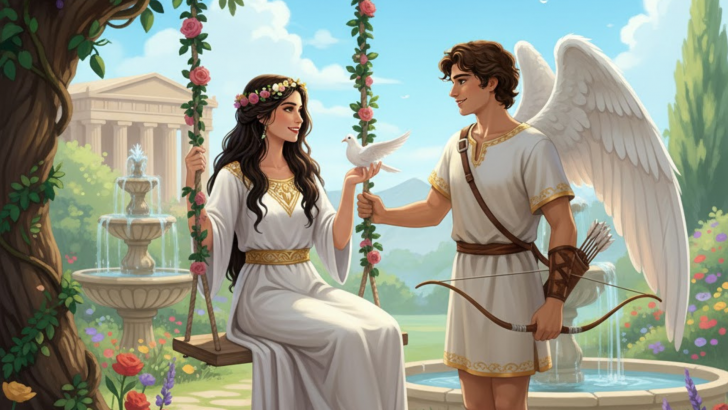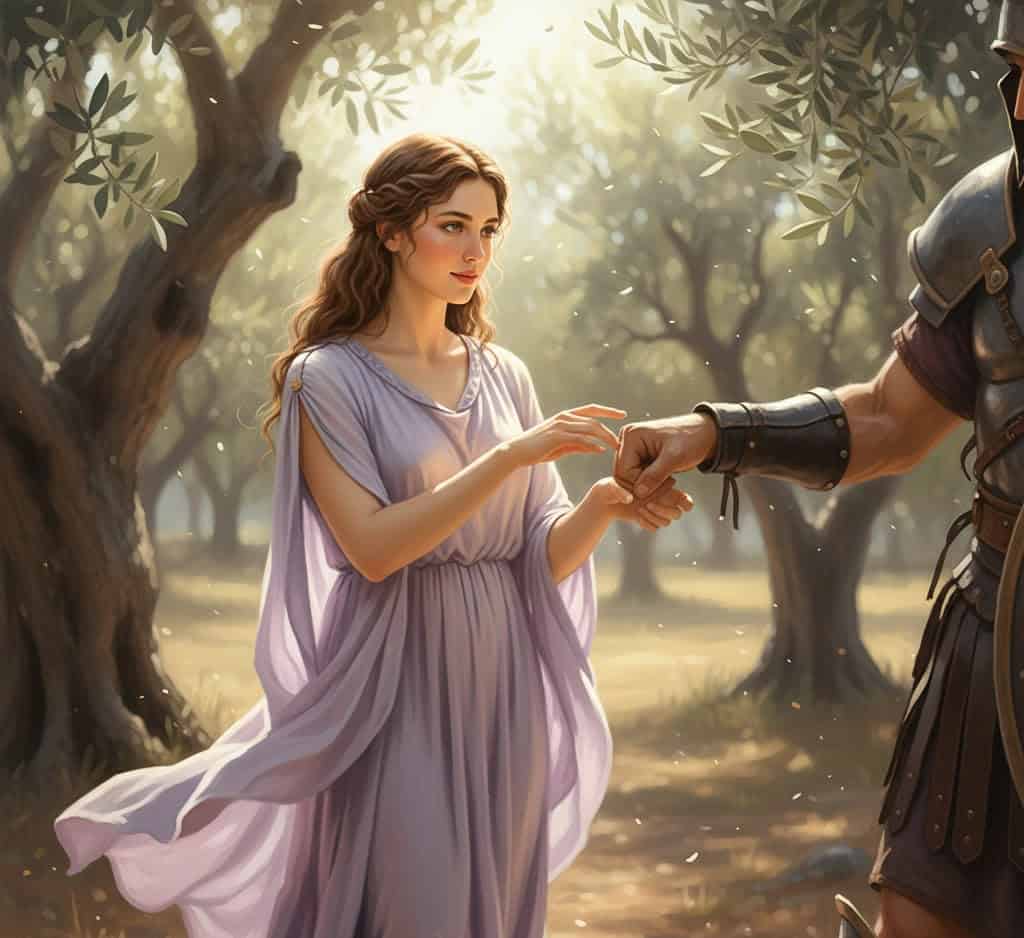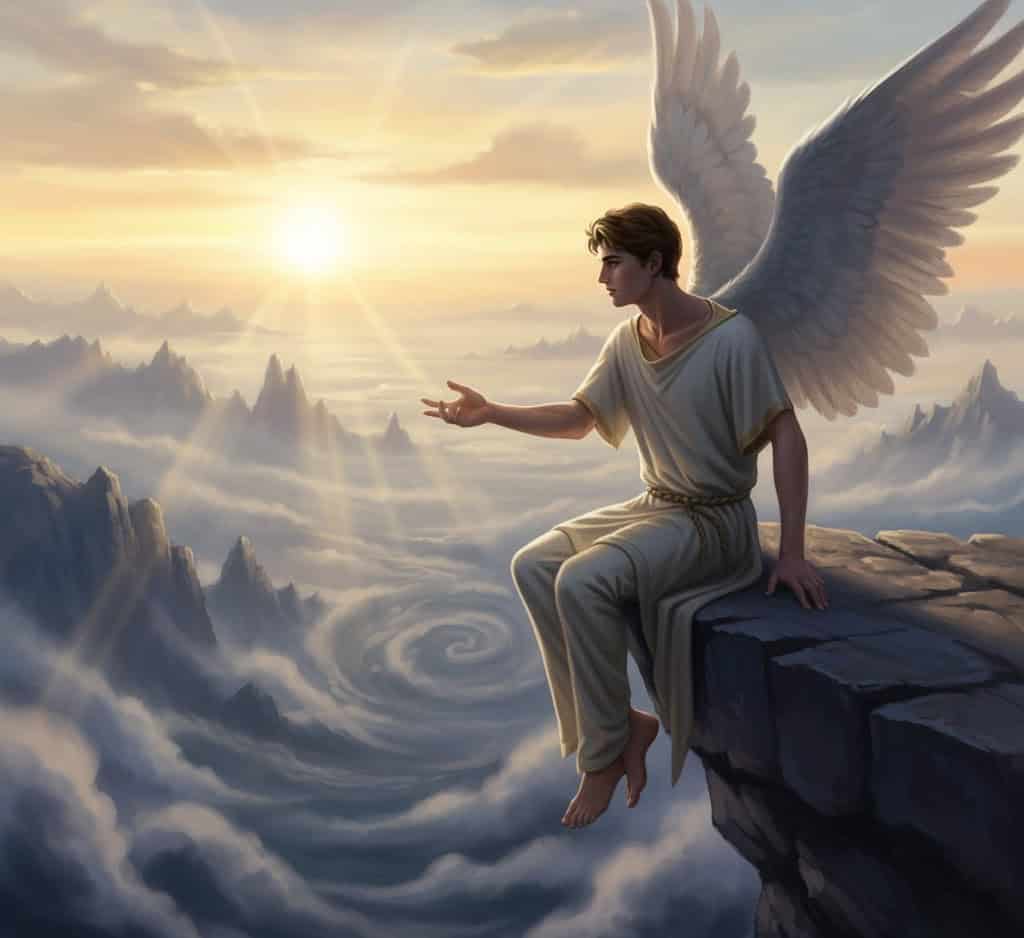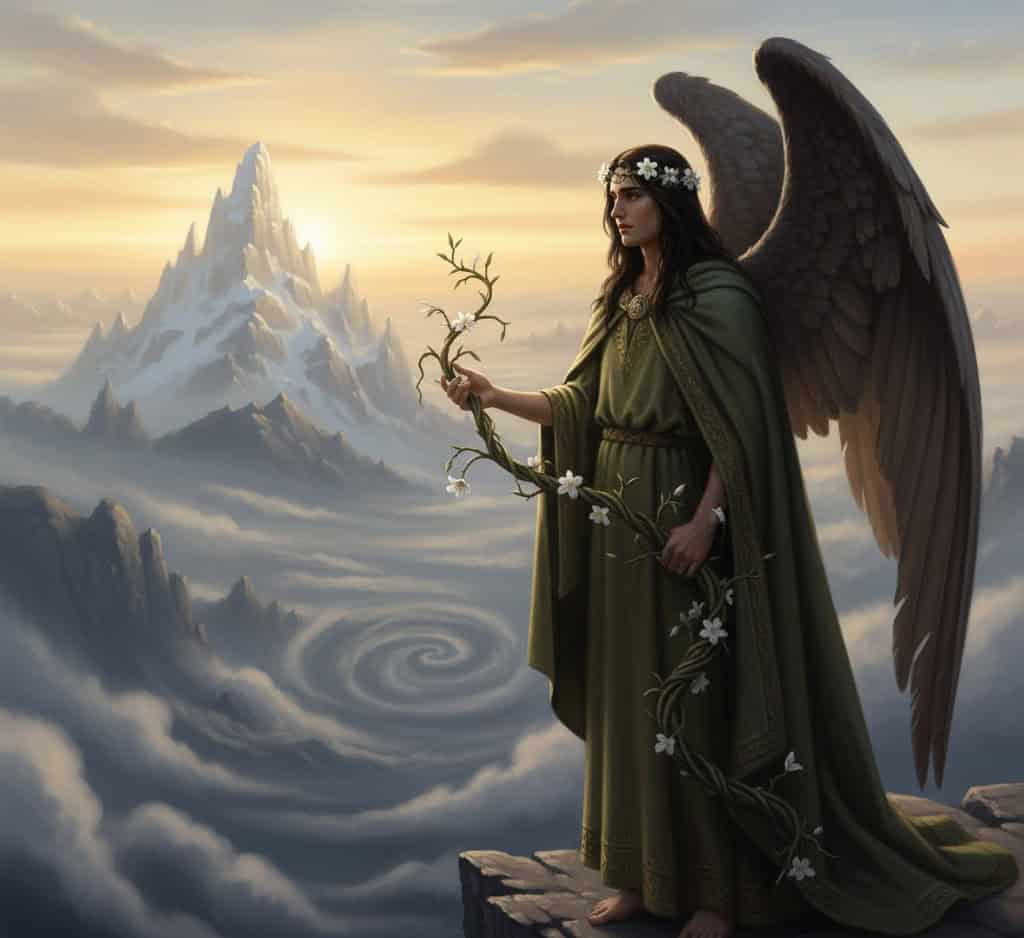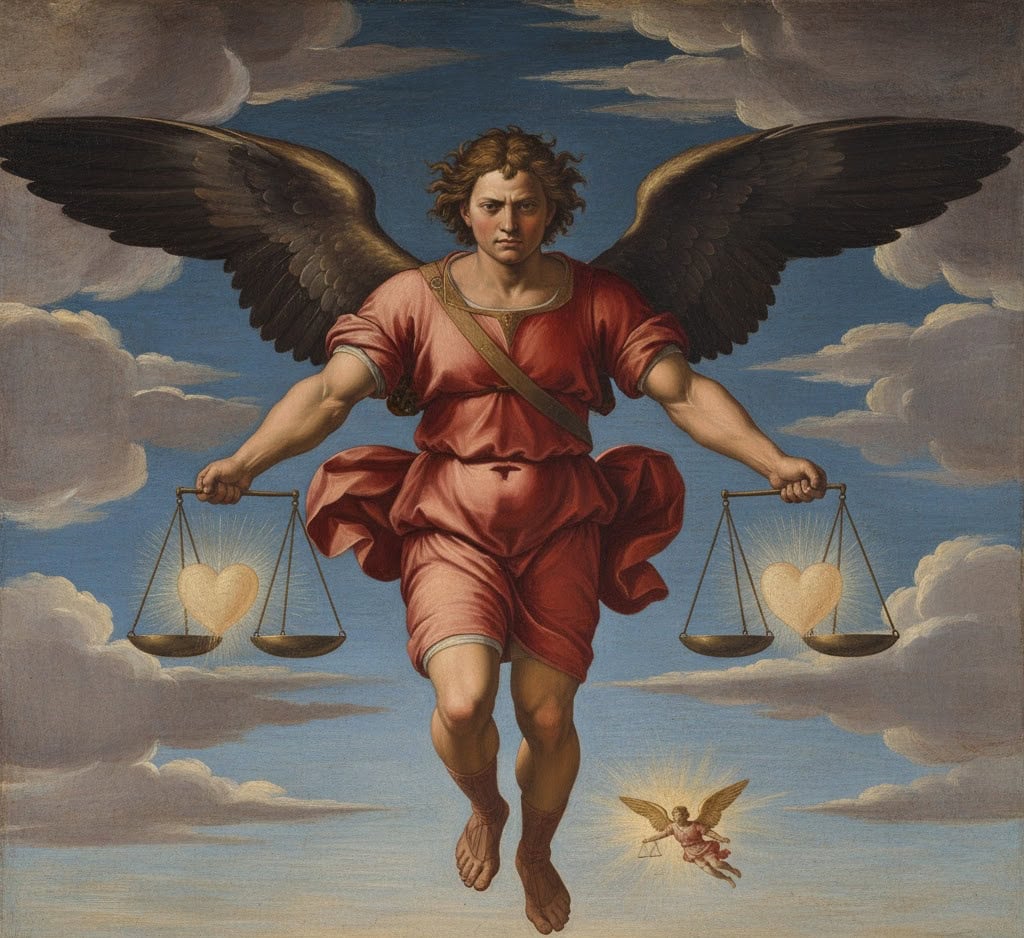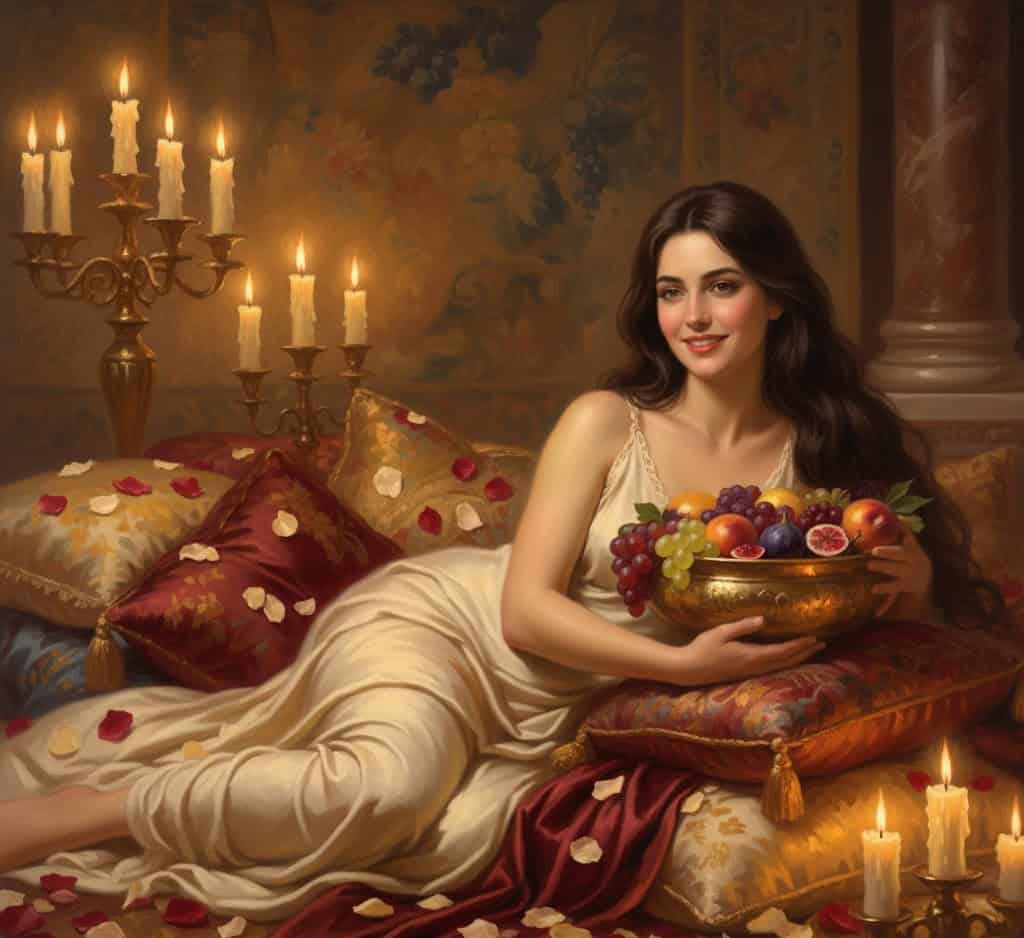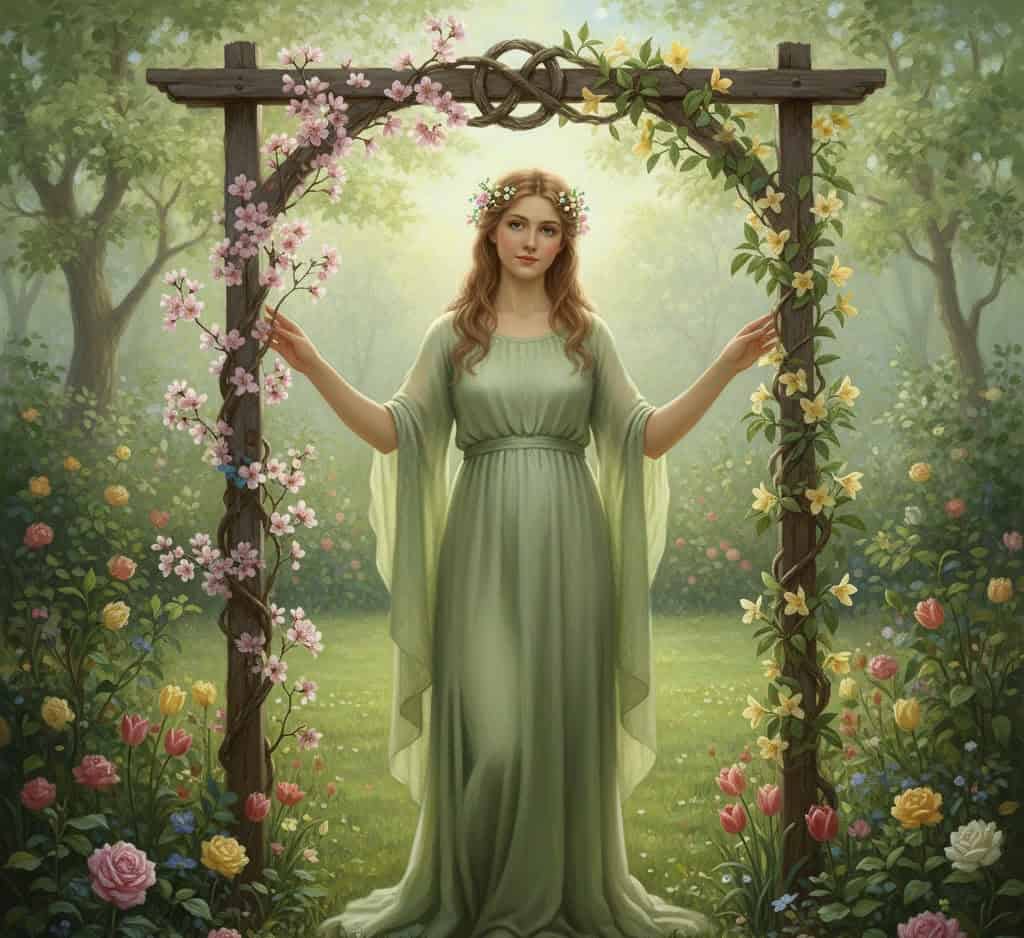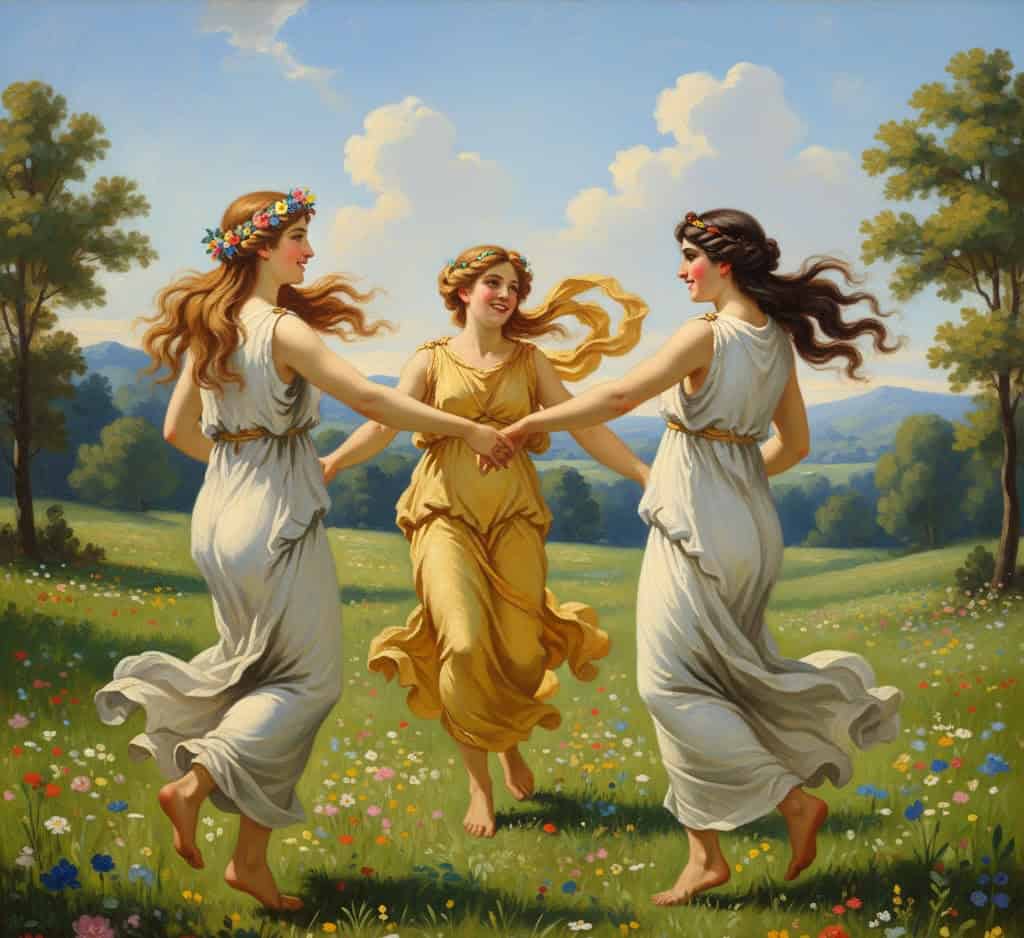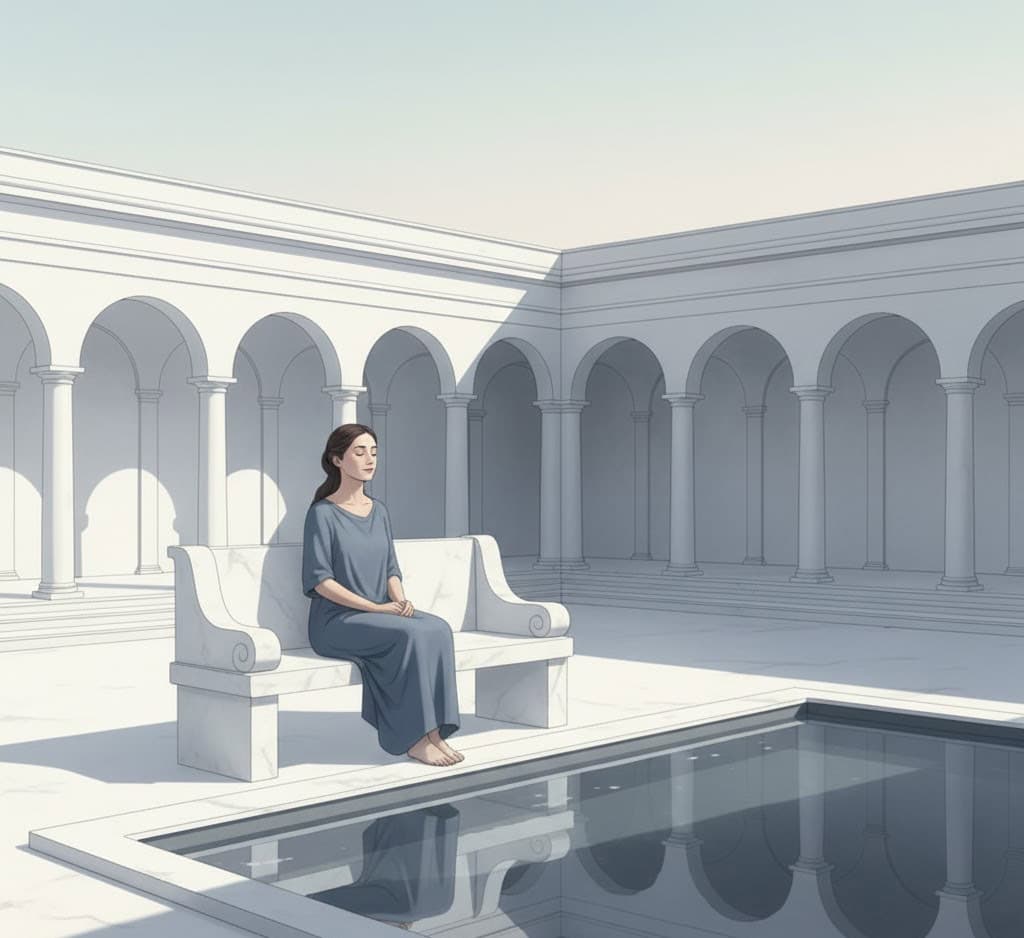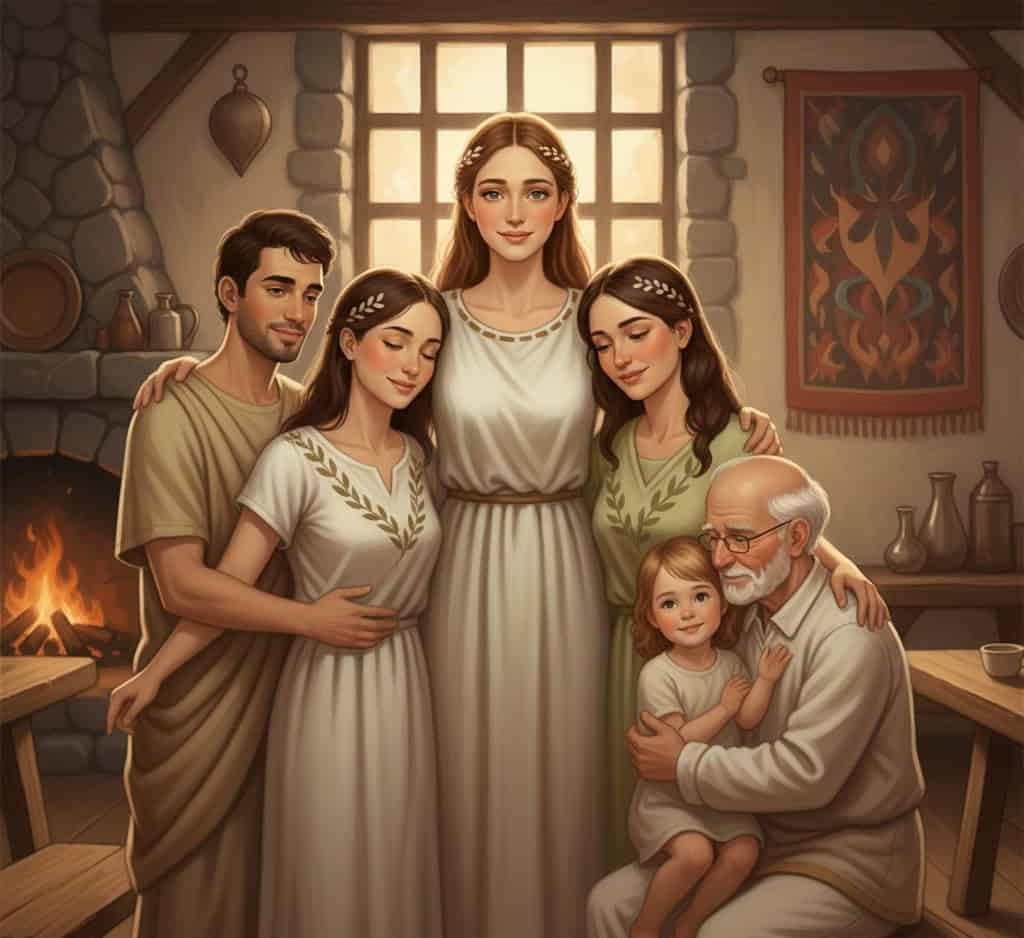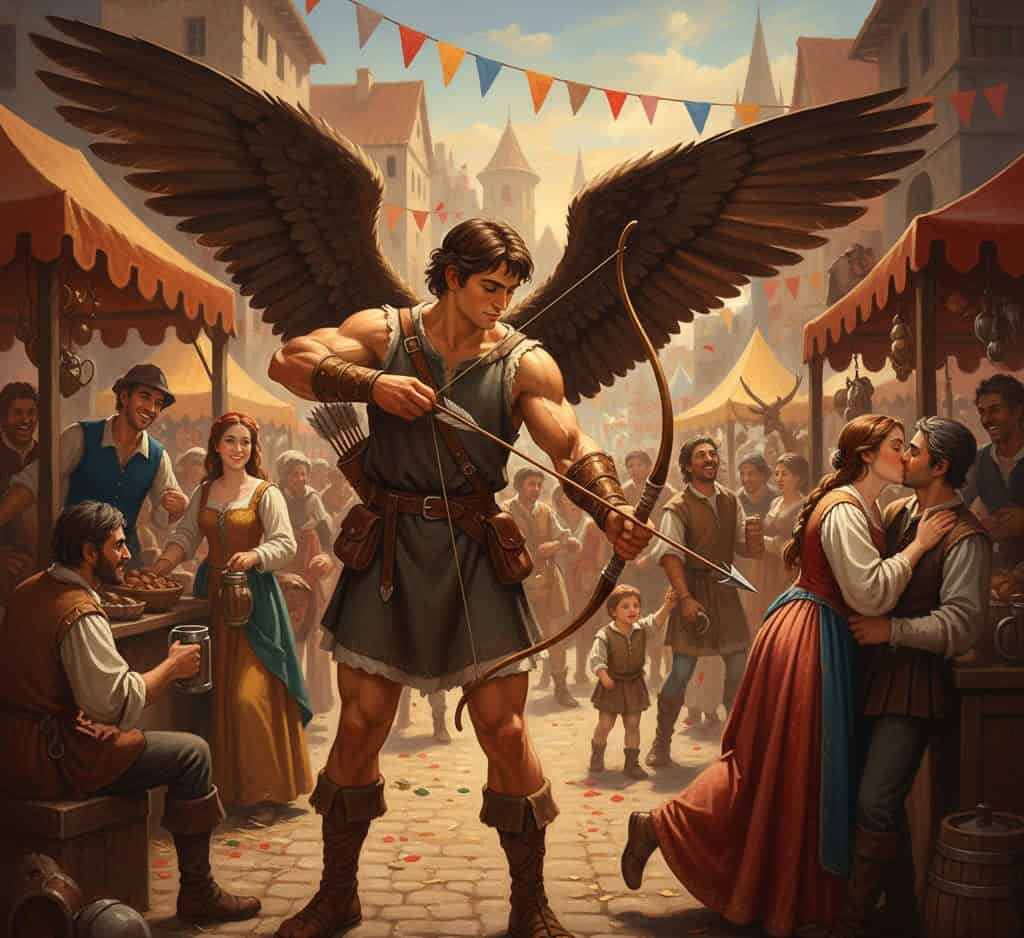When we think of Greek love gods, names like Aphrodite and Eros instantly come to mind.
But the ancient Greeks had a whole constellation of lesser-known deities who ruled over attraction, passion, harmony, and even heartbreak.
These divine figures might not have temples as famous as Aphrodite’s, but they shaped emotions and relationships in subtle, fascinating ways.
From goddesses who softened hearts to spirits who punished unfaithful lovers, these are the hidden love deities you’ve probably never heard of.
1. Peitho, the Goddess of Persuasion in Love
Peitho was Aphrodite’s close companion and the personification of romantic persuasion. Her power was not brute force but charm and eloquence.
In myth, she was the gentle voice that made lovers confess their feelings and settle disputes with tenderness instead of anger.
The Greeks often paired her with Aphrodite in temples, honoring her as the sweet reason love succeeds.
Without Peitho, desire might exist, but connection would not. She represented the subtle art of winning someone’s heart through patience and kindness rather than conquest.
2. Himeros, the Spirit of Longing
Before Eros struck hearts with his arrows, Himeros stirred desire itself. He was the god of yearning, the ache you feel when you want someone who is just out of reach.
The poets described him as a winged youth who followed Aphrodite when she rose from the sea, embodying that raw, intoxicating pull of first attraction.
Himeros’s presence wasn’t always comfortable. He reminded mortals that love can begin as a beautiful ache, but it is still an ache nonetheless.
His power was the spark before the flame, the silent moment when desire first takes hold.
3. Pothos, the God of Desire for the Unattainable
Pothos was another companion of Aphrodite and one of the trio known as the Erotes, alongside Himeros and Eros.
But while Eros represented active love, and Himeros symbolized immediate passion, Pothos stood for the longing for something distant or impossible.
Artists often painted him holding a vine, symbolizing love that grows wild and tangled. His energy was bittersweet, capturing the feeling of missing someone far away or loving someone you can never have.
In his presence, desire was not just pleasure but pain, and yet it was the kind of pain that made life feel alive.
4. Anteros, the God of Returned Love
Anteros was the brother of Eros and the god of reciprocal affection. The Greeks believed that love could not exist alone—it needed to be returned, or it withered.
Anteros represented that balance, the mutual energy that makes love grow. Some stories say he was created by Aphrodite to keep Eros company, since love without love in return is lonely even for a god.
Artists sometimes showed him with wings moving in the opposite direction of Eros’s, symbolizing how love gives back what it receives.
Without Anteros, love would be one-sided, a longing without fulfillment.
5. Hedone, the Goddess of Pleasure
Hedone, whose name means “delight,” was the daughter of Eros and Psyche. She embodied the blissful result of love that transcends struggle.
While her parents’ story was filled with trials and heartbreak, Hedone was the peace that comes when love finally finds its home.
She represented emotional and physical pleasure in harmony, the joy that arises when passion meets trust. In ancient art, Hedone appeared surrounded by soft symbols—flowers, fruit, and laughter.
Her presence reminded people that love should not only challenge but also heal and bring happiness.
6. Hegemone, the Goddess of Blossoming and Union
Hegemone was one of the lesser-known Graces, minor goddesses who inspired beauty and charm. Her name means “leader,” and she was associated with the blossoming of plants and relationships.
She ruled over the moment love begins to take shape, when attraction turns into something lasting.
Couples offered her prayers in spring festivals, asking her to bless their unions with harmony and growth.
Though she was not a goddess of fiery passion, Hegemone represented love that matures—steady, reliable, and full of quiet joy.
7. The Charites, Spirits of Joyful Love
The Charites, also known as the Graces, were three sisters – Aglaia, Thalia, and Euphrosyne – who personified splendor, good cheer, and delight.
They were attendants of Aphrodite and often danced with the Muses. In love, they symbolized everything that makes relationships beautiful beyond passion: laughter, tenderness, and shared moments of joy.
The Greeks believed that love without grace was incomplete. It needed charm, generosity, and playfulness, all gifts of the Charites.
They were the spirit of the honeymoon, the laughter after an argument, and the warmth of mutual affection.
8. Euthymia, the Spirit of Calm in Love
Euthymia is one of those deities whose name rarely appears in major myths, but her presence lingers in philosophy and poetry.
She represented inner balance and peace of mind, especially in matters of emotion. While other gods stirred longing and desire, Euthymia offered contentment.
Lovers prayed to her when jealousy or insecurity threatened their happiness. In her calm, love could thrive without turmoil.
She embodied the truth that passion without serenity eventually burns out, and that peace is one of the deepest forms of affection.
9. Philotes, the Goddess of Friendship and Affection
Philotes was a gentle goddess who governed affection, friendship, and small acts of kindness.
She lived in the same sphere as the love gods but focused on love beyond romance – the bonds between friends, families, and communities.
The Greeks saw her as proof that love exists in many forms, not all of them passionate or dramatic.
Philotes blessed loyalty, generosity, and comfort, the softer sides of connection that often go unnoticed.
In a world filled with fiery gods and tragic lovers, she was the quiet reminder that love can be simple, warm, and pure.
10. Eros Pandemos, the God of Common Love
While Eros is famous as the god of passionate desire, the Greeks believed there were two versions of him.
Eros Uranios represented spiritual, divine love, while Eros Pandemos represented physical and earthly love shared by mortals.
The second Eros was less powerful, just more human. He ruled over the magnetic energy that draws people together and keeps the world alive with affection.
He was honored in festivals that celebrated both connection and fertility, symbolizing how love belongs not only to the heavens but also to everyday life.

Siempre sentí una fuerte conexión con lo Divino desde mi nacimiento. Como autora y mentora, mi misión es ayudar a los demás a encontrar el amor, la felicidad y la fuerza interior en los momentos más oscuros.

